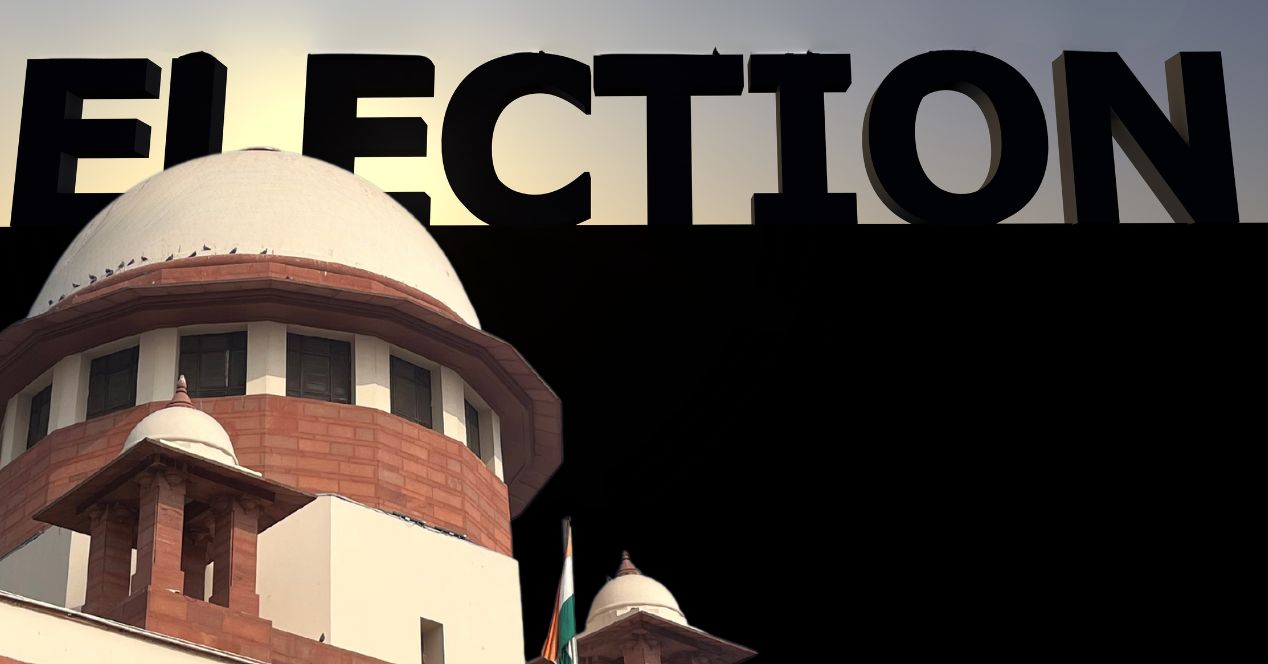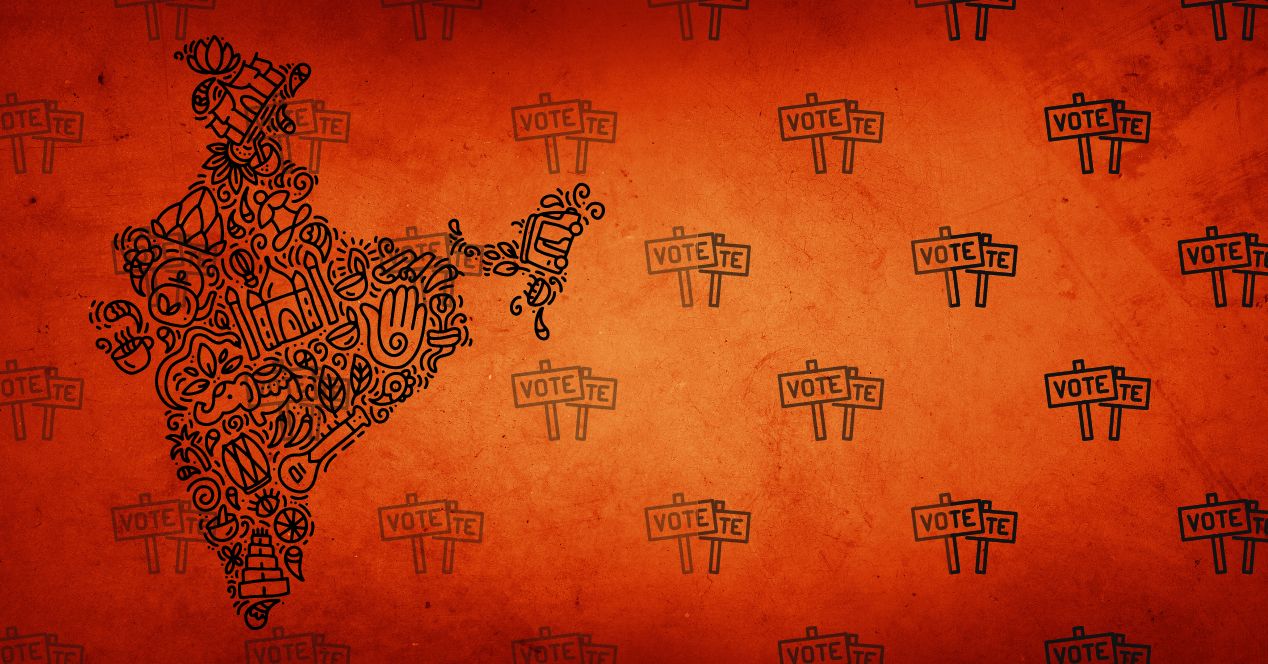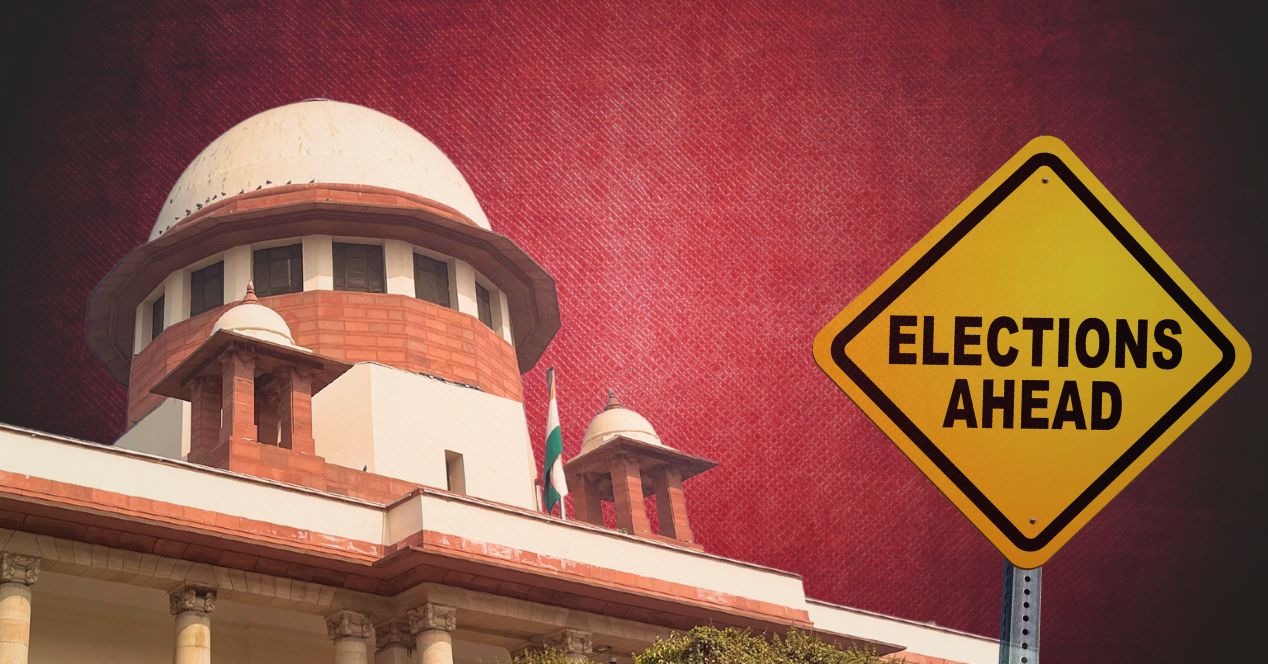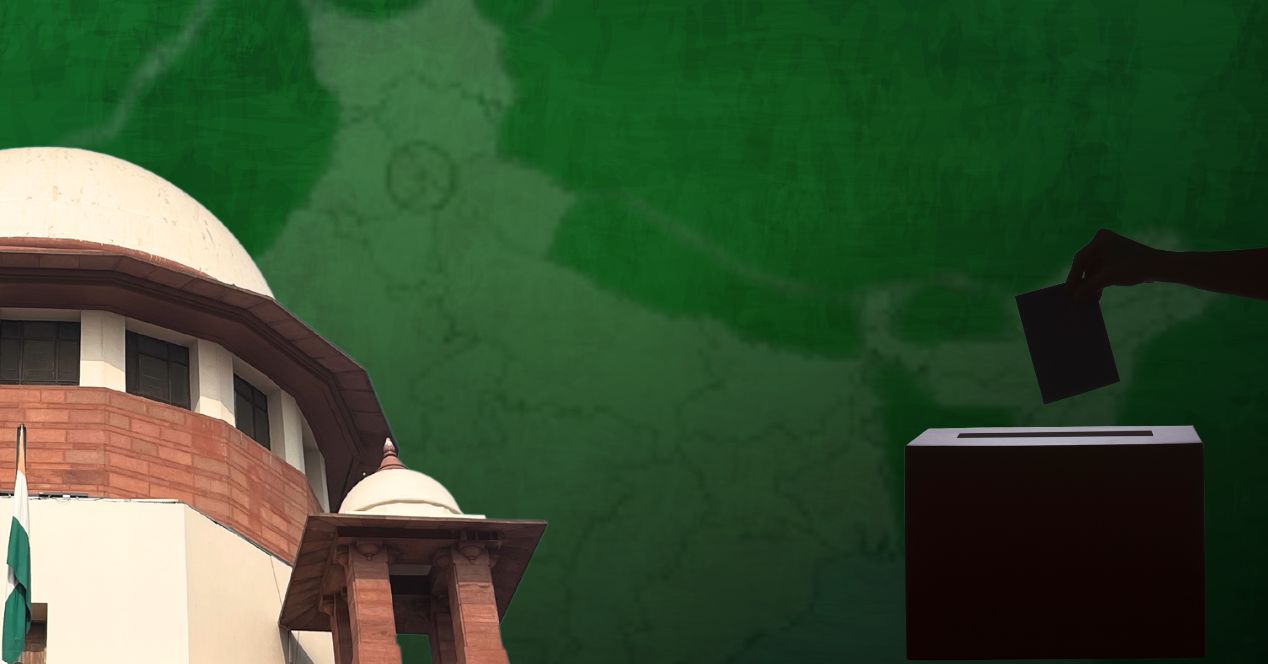Analysis
Manifesting a new judiciary
From appointment commissions to a Chennai branch of the top court—here’s what election manifestos are promising on the judicial front
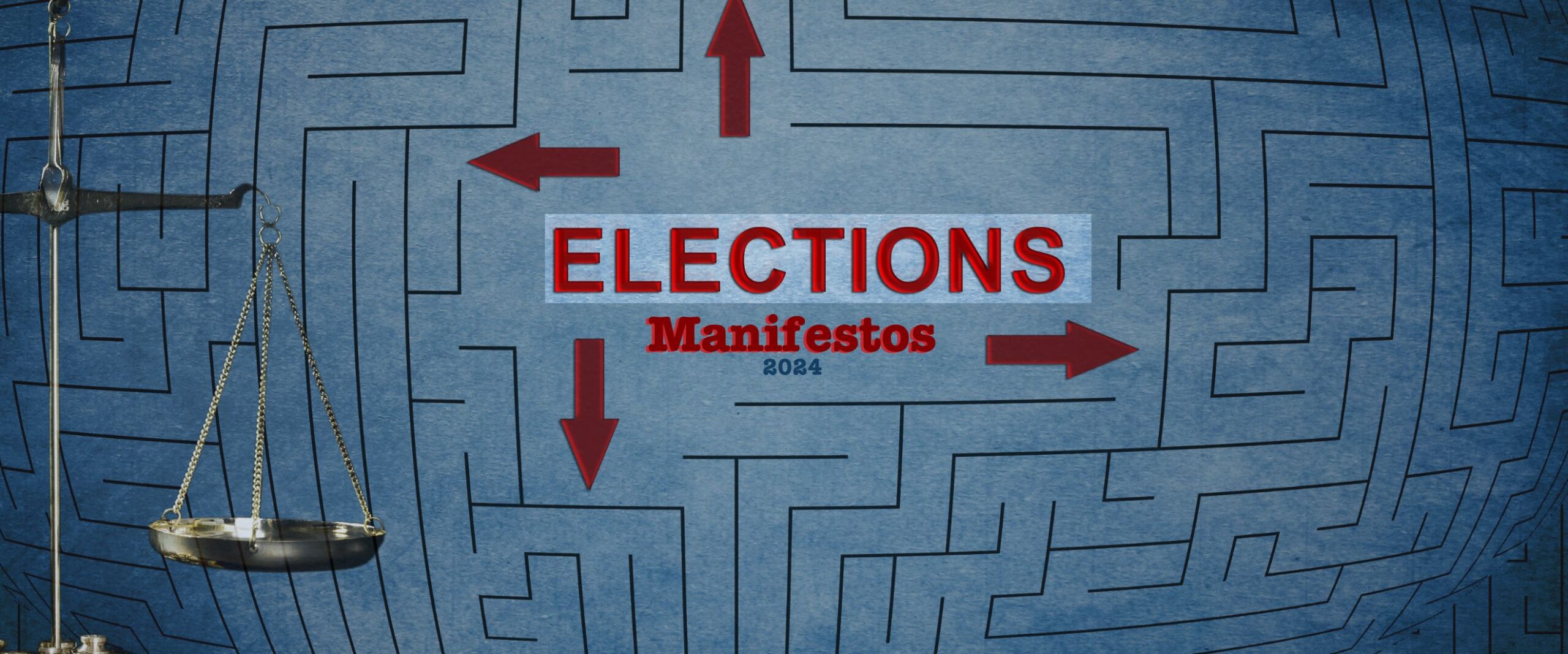
“Thanks to the misgovernance, weaponisation of the laws, misuse of investigating agencies and abuse of executive powers by the BJP/NDA government in the last 10 years, the people have come to look upon the judiciary as the last bastion against anti-democratic actions and authoritarianism. An independent judiciary alone can uphold the Constitution of India.”
This is the opening line from the section titled “Judiciary” in the Nyaya Patra—The Indian National Congress party’s 2024 election manifesto. Released on 7 April 2024, this 48-page document has a list of policies and promises they seek to fulfil should they be voted into power. Amongst other things, they promise to “reverse the damage” caused by the “all anti-people laws passed by the BJP/NDA without proper parliamentary scrutiny and debate.” More importantly, they promise to “unswervingly uphold the independence of the judiciary.”
To this end, they propose to create a National Judicial Commission to oversee the appointments of the judges to the higher judiciary. This is a promise also made by the Communist Party of India (Marxist) in its manifesto.
Here are the judicial reforms promised by different parties so far.
Congress: Separating the Court’s appellate and constitutional functions
First, the Congress envisions a National Judicial Commission (NJC) which will be responsible for the appointment of judges to the Supreme Court and the High Courts. The NJC will be formed in consultation with the Supreme Court. With this new system in place, the manifesto commits to filling up all vacancies in the Supreme Court and High Courts “within three years.” The manifesto is silent about the bigger problem of vacancies in the subordinate courts—an issue that the Supreme Court has been monitoring since 2018.
The other big change proposed by the INC is a constitutional amendment to create two divisions of the Supreme Court. One division will comprise the seven senior most judges to hear Constitution Bench matters and the second division will hear other appeals.
The manifesto also promises to allocate funds to augment the physical and technical infrastructure for the “modernisation and maintenance of the infrastructure” of the judiciary.
More ambitiously, the INC’s manifesto also promises to increase the representation of women and persons belonging to the SC, ST, OBC and minorities in the higher judiciary.
Lastly, the document promises to set-up a Judicial Complaints Commission—a body comprising retired judges of the Supreme Court and retired Chief Justices of the High Courts— to investigate complaints of misconduct against judges of the higher judiciary. Read the full manifesto here.
CPI(M): Speedy, affordable judicial relief for “common people”
The CPI(M) also promises to create a NJC for the appointment of judges. Their NJC will have “representatives from judiciary, executive, legislature and Bar for appointments, transfers and to examine instances of commission/omission of judges and to ensure judicial accountability.”
The CPI(M) also promises to amend the definition of “criminal contempt in order to prevent its misuse in suppressing dissent.”
More generally, the party also vouches to reform the “judicial system to provide speedy relief at affordable cost to the common people”and ensure adequate representation and diversity in the judiciary at all levels. The manifesto also contains a one-line promise to fill judicial vacancies.
Lastly, the CPI(M) promises to make it mandatory for judges to declare their assets publicly. Read the full manifesto here.
DMK: A Supreme Court Bench in Chennai
The Dravida Munnetra Kazhagam relies on Article 130 of the Constitution to promise setting up a branch of the Supreme Court in Chennai. Article 130 states that the “Supreme Court shall sit in Delhi or in such other place or places, as the Chief Justice of India may, with the approval of the President, from time to time, appoint.”
They also promise that after the change in administration, constitutional institutions like the Supreme Court “will operate autonomously and without political interference, as designed in the Constitution.” Read the full manifesto here.
BJP: Accelerating the e-courts Mission Mode
The Bharatiya Janata Party released its 76-page manifesto on 14 April 2024. It includes a letter by Prime Minister Narendra Modi, highlights of the 10-year BJP rule and of course, “Modi ki Guarantee” for the empowerment of middle class families, farmers, senior citizens, young citizens, and more.
On the judicial front, the BJP promises to “accelerate the e-Courts Mission Mode Project to complete the digitisation of entire court records and for easy access to court proceedings online.” Conceptualised in 2005, the Mission Mode is a pan-Indian project monitored and funded by the Department of Justice. The first phase of this project began in 2007 with the vision to technologically transform the Indian judiciary.
The BJP also promises to expedite the resolution of old cases. To this end, they promise the legislation of a National Litigation Policy which will also “lower the cost of contested court proceedings, and decrease the number of cases in which the government is a party and the consequent load on the courts.”
Lastly, they promise to create a better legal framework to “promote arbitration and mediation ecosystem.” Read the full manifesto here.
(This report will be updated if and when other parties release manifestos that lay out a vision for judicial reform. It was last updated on 15 April 2024.)

